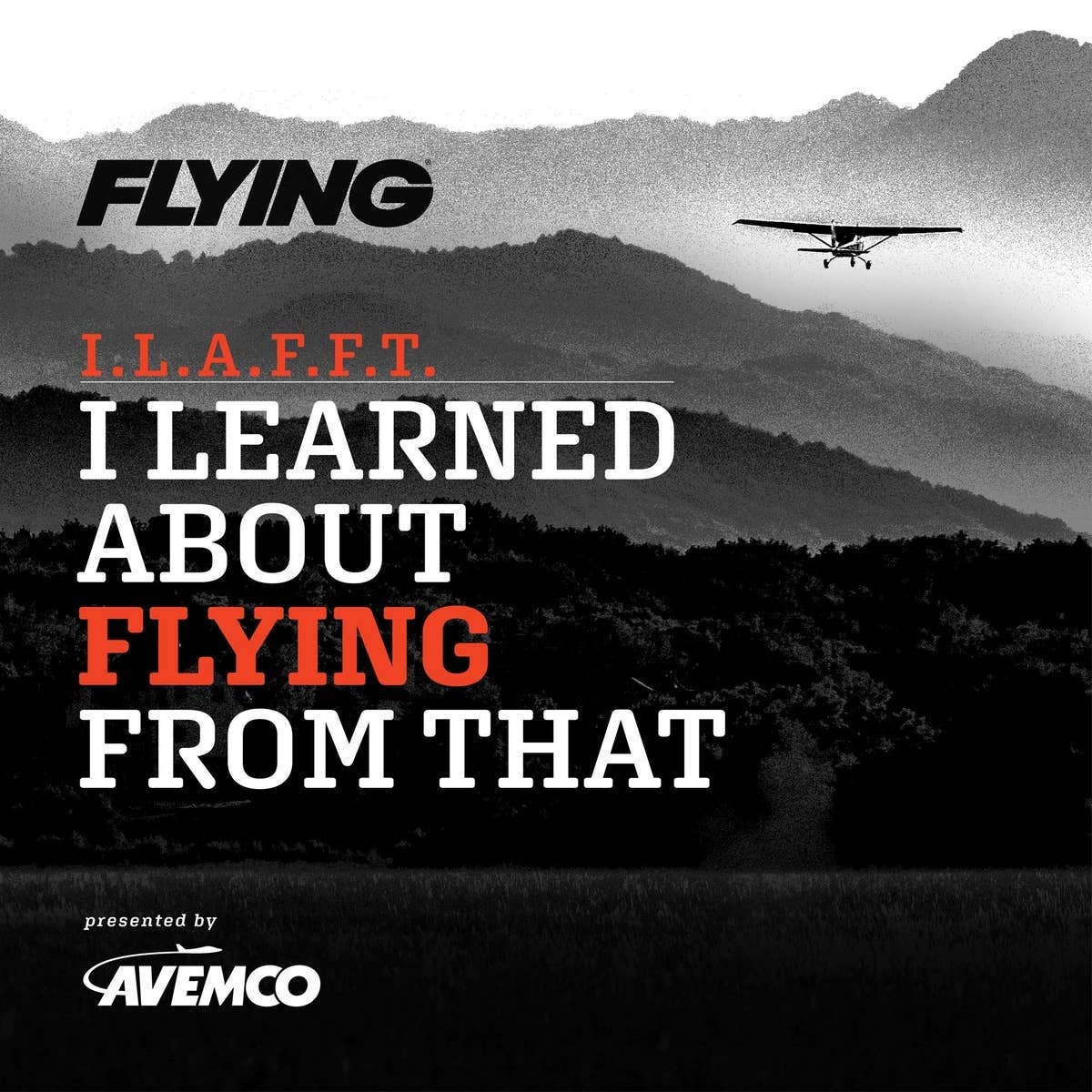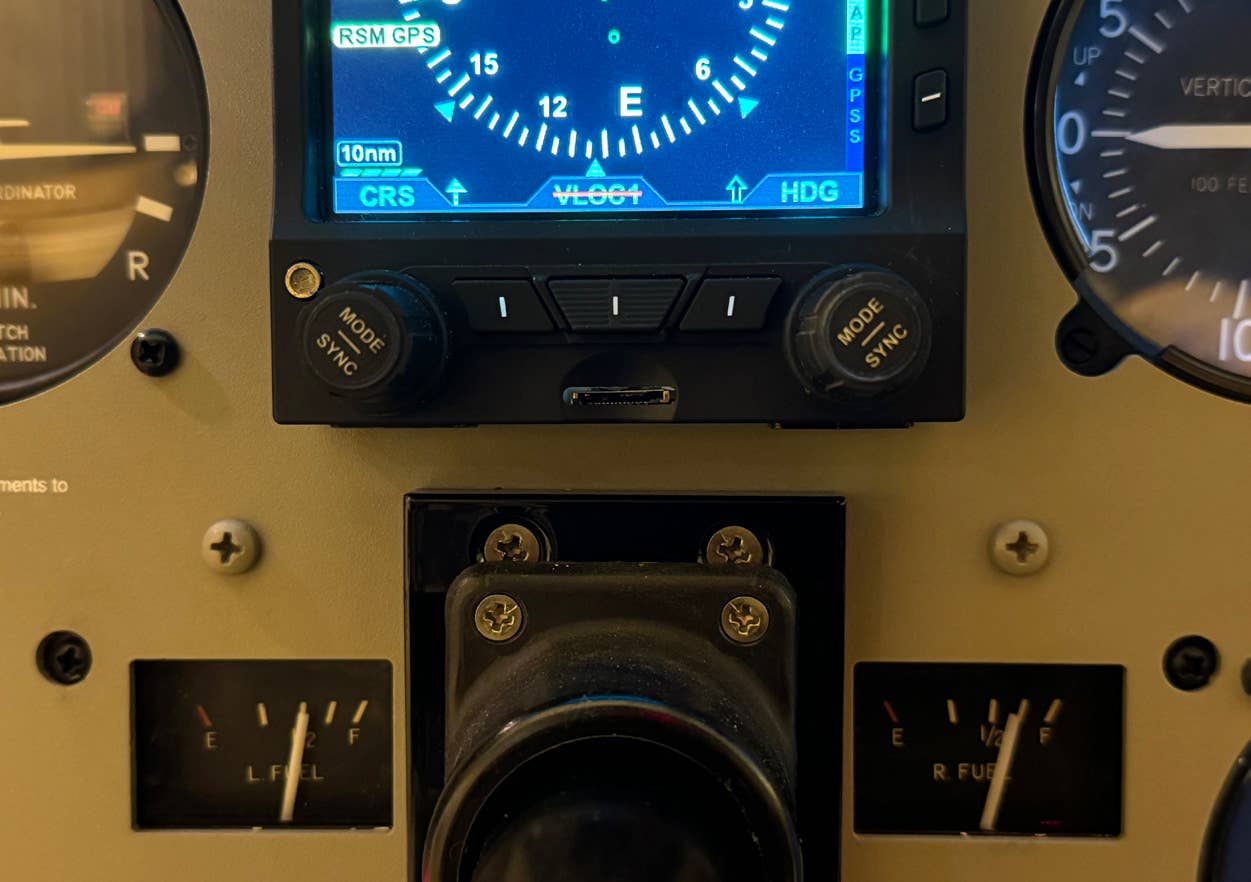What Financial Help Can I Get as an Adult Learning to Fly?
While the financial assistance in place for young adults is somewhat clearer—in terms of student loans and other scholarships and stipends—it is a little murkier for those of us who

The financial options for working adults to get help with flight training is a little bit murkier. [File photo: Adobe Stock]
Q: Are there incentive grants or financial assistance programs for pilot training geared toward adults looking at career change? I am asking for my son, who is a working adult but would have to continue working while training.
A: Congratulations to your son for considering a change to pursue aviation as a career! While the financial assistance in place for young adults is somewhat clearer—in terms of student loans and other scholarships and stipends—it is a little murkier for those of us who are looking at a new role in our 30s, 40s, and beyond.
However, we have several ideas for your son to investigate.
Community College Programs
As you may know, community colleges provide a wealth of education and vocational programs for young people—but also tend to have courses geared for adult learners. These typically involve night and weekend classes, and flexible degree completion requirements.
You may not know that a lot of community colleges have great aviation programs. In fact, some of our favorites in the FLYING Flight School Guide offer just as rigorous a curriculum as four-year colleges but on a more manageable scale in terms of cost and schedule.
These community college programs may also offer stipends, scholarships, and/or work study programs for adults wishing to make a career change. Look at our guide as well as colleges in your area to determine if this is a path to pursue.
Scholarships and Grants
Aviation associations such as Women in Aviation International (WAI) and the Aircraft Owners and Pilots Association—among others—offer a roster of scholarships and grants that appeal to would-be pilots from a variety of ages and backgrounds. WAI in particular offers several scholarships annually that target folks making a career change—and your son can apply to most any of these, as there are no limits as regards to gender.
Look to local service organizations, as well, for ideas on finding scholarships focused on changing careers in general—and apply these funds to an aviation pursuit.
Use Your Resources
While not a source of financial aid, per se, one advantage an adult learner has over a younger person just starting out is that they potentially have assets—or just a decent credit score—that they can parlay into a secured or collateralized loan for flight training expenses. If your son has a house, there is the possibility of a home equity line of credit or other loan to give him the opportunity to pursue training in a focused way.
Not a homeowner? Another aspect of adult learners is maturity, and the ability to come up with creative solutions. One of these would be to find a flying club in his area, and join one that includes an instructor or a connection to a flight school. By investing in a share in an airplane, he may be able to lower costs while gaining support from fellow pilots through the training process for his private pilot certificate.

Sign-up for newsletters & special offers!
Get the latest FLYING stories & special offers delivered directly to your inbox






